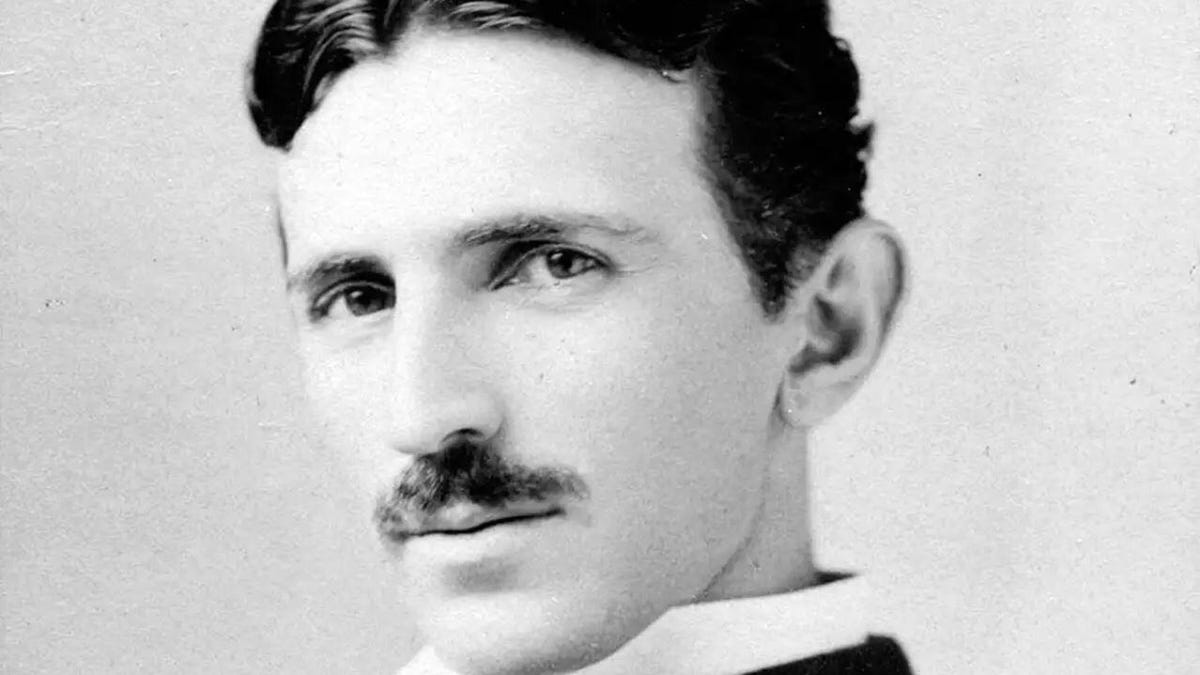While veganism may seem like a modern movement, its roots extend back centuries, with individuals across various eras advocating for plant-based lifestyles. The term “vegan” was coined in 1944 by Donald Watson, founder of the Vegan Society in the United Kingdom. Watson created the term to differentiate those who abstain from all animal products from vegetarians, marking a significant milestone that formalized a lifestyle adopted by millions today. Yet even before the word “vegan” existed, many influential figures promoted philosophies and diets that align with vegan principles, showcasing the historical depth of veganism’s ethical and health foundations.
Donald Watson
IIn ancient civilizations, particularly in Asia and the Mediterranean, plant-based lifestyles were embedded in spiritual and philosophical beliefs. The Greek philosopher Pythagoras promoted a vegetarian diet as a means of practicing nonviolence, an idea that became integral to Hinduism, Buddhism, and Jainism. In India, the concept of “ahimsa” (nonviolence toward all living beings) has been central to Jainism for centuries. Jain monks and followers adhere strictly to a plant-based diet, avoiding any animal products as a commitment to non-harm, illustrating how deep and long-standing the roots of plant-based ethics are.Throughout Western history, numerous influential figures championed the benefits of plant-based eating. Leonardo da Vinci was a pioneer in promoting compassion for animals, condemning their consumption as morally unacceptable. Similarly, Mahatma Gandhi advocated a vegetarian lifestyle throughout his life, emphasizing nonviolence and minimal harm to all living creatures. Gandhi’s work in nonviolent resistance extended into his diet; he viewed abstinence from animal products as a natural extension of his ethics. This principle of ahimsa became a key part of his teachings, inspiring not only his followers but also future generations to adopt plant-based diets as a means of honoring life.
Albert Einstein
Albert Einstein also recognized the merits of vegetarianism, expressing regret that he could not adopt it sooner. He acknowledged that plant-based eating was not only better for human health but also beneficial for the planet. His advocacy resonates today as many individuals choose vegan diets for environmental reasons. Tesla further contributed to this dialogue; the visionary inventor believed that a plant-based lifestyle would be healthier and more sustainable for humanity. Later in life, Tesla primarily consumed plant-based foods, aligning with his beliefs about environmental harmony and respect for all living beings.
Nikola Tesla
The formal vegan movement began in 1944 with Donald Watson’s creation of the Vegan Society. By distinguishing veganism from vegetarianism, Watson emphasized a commitment to abstain from all animal exploitation for food, clothing, and other uses. This founding introduced veganism as a holistic way of life. In the decades that followed, organizations like PETA emerged, spreading awareness about the ethical and environmental costs of animal farming and cruelty. These groups played a pivotal role in shifting public perception, highlighting food choices as ethical and political decisions.In recent years, veganism has expanded to encompass a comprehensive lifestyle addressing environmental, health, and ethical concerns. Studies now link plant-based diets to reduced risks of chronic diseases—from heart disease to certain cancers—adding to the movement’s appeal.
In 2023, six in ten U.S. households purchased plant-based foods, signaling growing mainstream acceptance. Veganism now extends beyond diet into sectors like fashion, banking, and cosmetics; in 2022 alone, the U.S. vegan cosmetics market reached $3.7 billion and is projected to grow steadily.The history of veganism shows us that although the term may be recent, the principles behind it—compassion, nonviolence, and respect for life—have existed for centuries. Figures like Leonardo da Vinci, Gandhi, Einstein, Tesla, and Tolstoy brought attention to these ethical ideals long before the movement was formalized. Their beliefs and practices laid the foundation for modern veganism, underscoring that the pursuit of a kinder, more sustainable world is timeless and transcends cultural boundaries. As veganism continues to evolve and adapt to contemporary issues such as climate change and social justice, it challenges us to rethink our relationship with animals and the planet in ways that resonate across generations.



